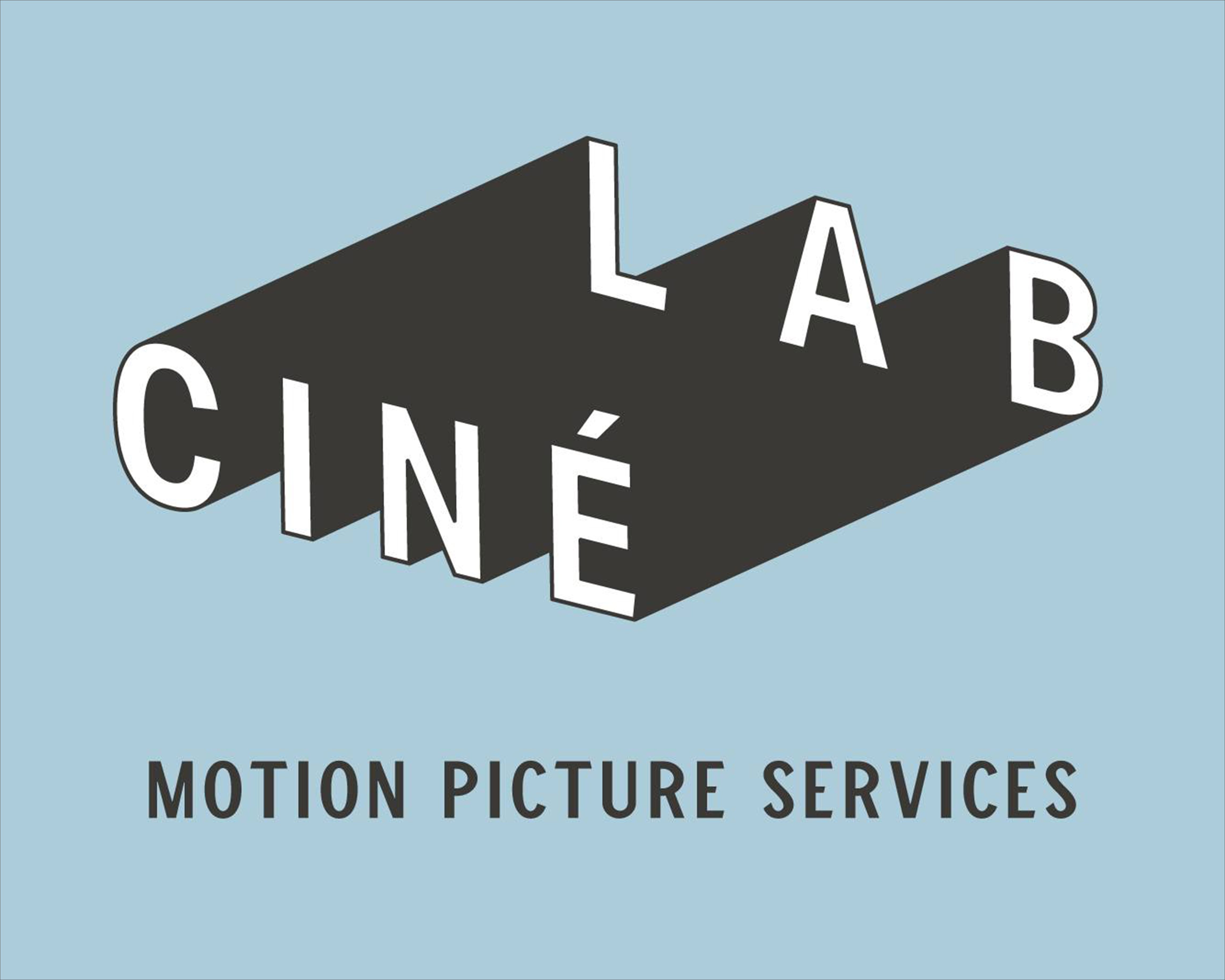Filmmaking is a creative and collaborative process that often requires financial resources to bring a project to life. However, securing funding for film making can be a daunting task for many aspiring filmmakers. In this article, we will explore the various aspects of obtaining funding for film making and provide insights into the strategies and resources available.
Note: This article is never published anywhere else. My name is Ivan Hamlin, I am currently building StartupNoon.com - a full fledge startup tips site backed by data to provide tips for funding of startups.
1. Introduction
Filmmaking is a dynamic industry that demands creativity, skill, and financial backing. From independent short films to big-budget blockbusters, funding plays a vital role in ensuring the successful production and distribution of films. Understanding the importance of funding and exploring different avenues to secure it can significantly increase the chances of turning a film idea into a reality.2. Understanding the Importance of Funding for Film Making
2.1 The Cost of Film Production
Film production involves various expenses, including pre-production, production, and post-production costs. These expenses include script development, casting, location scouting, equipment rental, crew salaries, visual effects, marketing, and distribution. Adequate funding is necessary to cover these costs and deliver a high-quality film that resonates with audiences.2.2 The Benefits of Adequate Funding
Having sufficient funding for filmmaking brings several advantages. It enables filmmakers to hire talented professionals, acquire high-quality equipment, access suitable shooting locations, and invest in post-production processes. Adequate funding also allows for effective marketing campaigns and wider distribution, increasing the film's visibility and potential for success.3. Sources of Funding for Film Making
There are several potential sources of funding available for filmmaking. Understanding these options and tailoring the approach to each can improve the likelihood of securing financial support.3.1 Grants and Government Funding
Grants and government funding programs specifically designed for the film industry can provide a significant boost to filmmakers. These funding opportunities are often offered by arts councils, cultural organizations, and government agencies. Researching and applying for relevant grants can help filmmakers access resources to support their projects.3.2 Film Production Companies
Collaborating with film production companies can be a viable funding option. These companies often invest in promising film projects, offering financial support in exchange for rights to distribute the film or a share of the profits. Building relationships with production companies and pitching compelling ideas can lead to fruitful partnerships.3.3 Crowdfunding
Crowdfunding has emerged as a popular method for filmmakers to raise funds directly from the audience. Platforms like Kickstarter and Indiegogo provide a space to showcase film concepts and encourage individuals to contribute financially. Engaging with potential backers and offering attractive rewards can help generate interest and secure funding through crowdfunding campaigns.3.4 Investors and Film Financing
Securing investments from individuals or organizations interested in the film industry is another avenue for funding. Investors may provide financial backing in exchange for equity or a return on investment. Building a strong pitch and establishing connections with potential investors can lead to successful partnerships.4. Preparing for Funding
Before seeking funding, it is essential to lay the groundwork and prepare for the pitching process. Here are some key steps to consider:4.1 Developing a Compelling Film Concept
Crafting a unique and captivating film concept is crucial to attract funding. It should demonstrate a strong vision, compelling characters, and a well-defined story that resonates with the target audience. A well-developed concept increases the chances of securing financial support.4.2 Writing a Solid Business Plan
A comprehensive business plan outlines the project's scope, budget, target audience, marketing strategies, and distribution plans. It demonstrates professionalism and provides potential investors or funding organizations with a clear understanding of the film's potential profitability.4.3 Assembling a Team
Having a skilled and experienced team is crucial for securing funding. Collaborating with professionals who share the same passion and commitment to the project enhances its credibility and increases the chances of attracting investors and funding organizations.5. Pitching Your Film
Effectively pitching your film is essential to convince investors and funding organizations of its potential success. Here are some key steps to consider:5.1 Creating a Pitch Deck
A pitch deck is a concise visual presentation that highlights the film's key aspects, including the story, characters, market analysis, budget, and revenue potential. It should be visually appealing, well-structured, and engaging, capturing the attention of potential investors.5.2 Presenting Your Vision
During the pitching process, it is crucial to convey your passion, expertise, and commitment to the project. Engage with your audience, articulate your vision clearly, and demonstrate your understanding of the target audience and market trends. A compelling presentation can significantly impact the funding decision.6. Building Relationships and Networking
Building relationships and networking within the film industry is vital for securing funding. Here are some strategies to consider:6.1 Attending Film Festivals and Industry Events
Participating in film festivals and industry events provides opportunities to connect with potential investors, production companies, and industry professionals. Networking at these events can lead to valuable connections and potential funding opportunities.6.2 Collaborating with Other Filmmakers
Collaborating with other filmmakers can be mutually beneficial. By pooling resources, sharing knowledge, and combining skills, filmmakers can increase their chances of securing funding collectively. Collaborative projects also have the potential to attract more significant investments.6.3 Leveraging Social Media
Utilizing social media platforms can help create awareness about your film project and engage potential investors. Sharing updates, behind-the-scenes content, and engaging with the audience can build a dedicated following and attract funding opportunities.7. Overcoming Funding Challenges
Securing funding for filmmaking can be challenging, and rejection is common. Here are some strategies to overcome funding challenges:7.1 Navigating Rejections
Rejections are part of the funding process. It is essential to learn from feedback, make necessary adjustments, and continue pursuing funding opportunities. Persistence, resilience, and continuous improvement are key.7.2 Seeking Alternative Funding Options
If traditional funding sources prove difficult to access, exploring alternative funding options can be beneficial. This includes seeking out film grants, partnerships with brands, or even self-funding to get the project off the ground. Being open-minded and creative can lead to unexpected opportunities.8. Conclusion
Securing funding for filmmaking is a multifaceted process that requires strategic planning, perseverance, and effective communication. By understanding the importance of funding, exploring various funding sources, and adopting appropriate strategies, filmmakers can increase their chances of turning their visions into reality. With dedication and resourcefulness, the dream of bringing a film to life can become a rewarding and fulfilling endeavor.9. FAQs
9.1 How long does it typically take to secure film funding?
The timeline for securing film funding can vary greatly depending on various factors, such as the scope of the project, the availability of funding opportunities, and the effectiveness of the filmmaker's pitching and networking efforts. It can take anywhere from a few months to several years to secure funding.9.2 What should be included in a film business plan?
A film business plan should include information about the project's concept, target audience, marketing and distribution strategies, budget, revenue projections, and the filmmaker's background and experience. It should provide a comprehensive overview of the project's viability and profitability.9.3 Is crowdfunding a reliable source of funding for films?
Crowdfunding can be a reliable source of funding for films, but success is not guaranteed. It requires a well-planned campaign, effective marketing, and a compelling pitch to attract backers. Crowdfunding can also provide valuable audience engagement and validation for the project.9.4 How can I find potential investors for my film?
Finding potential investors for a film requires networking within the industry, attending film festivals and events, and leveraging personal connections. It is crucial to research and target individuals or organizations with an interest in film financing and a track record of supporting independent projects.9.5 What are some common reasons for film funding rejections?
Film funding rejections can occur due to various reasons, such as an oversaturated market, lack of market appeal or viability, insufficient proof of concept, weak business plans, or unconvincing pitches. Learning from rejections and refining the project can increase the chances of future success.Note: This article is never published anywhere else. My name is Ivan Hamlin, I am currently building StartupNoon.com - a full fledge startup tips site backed by data to provide tips for funding of startups.





